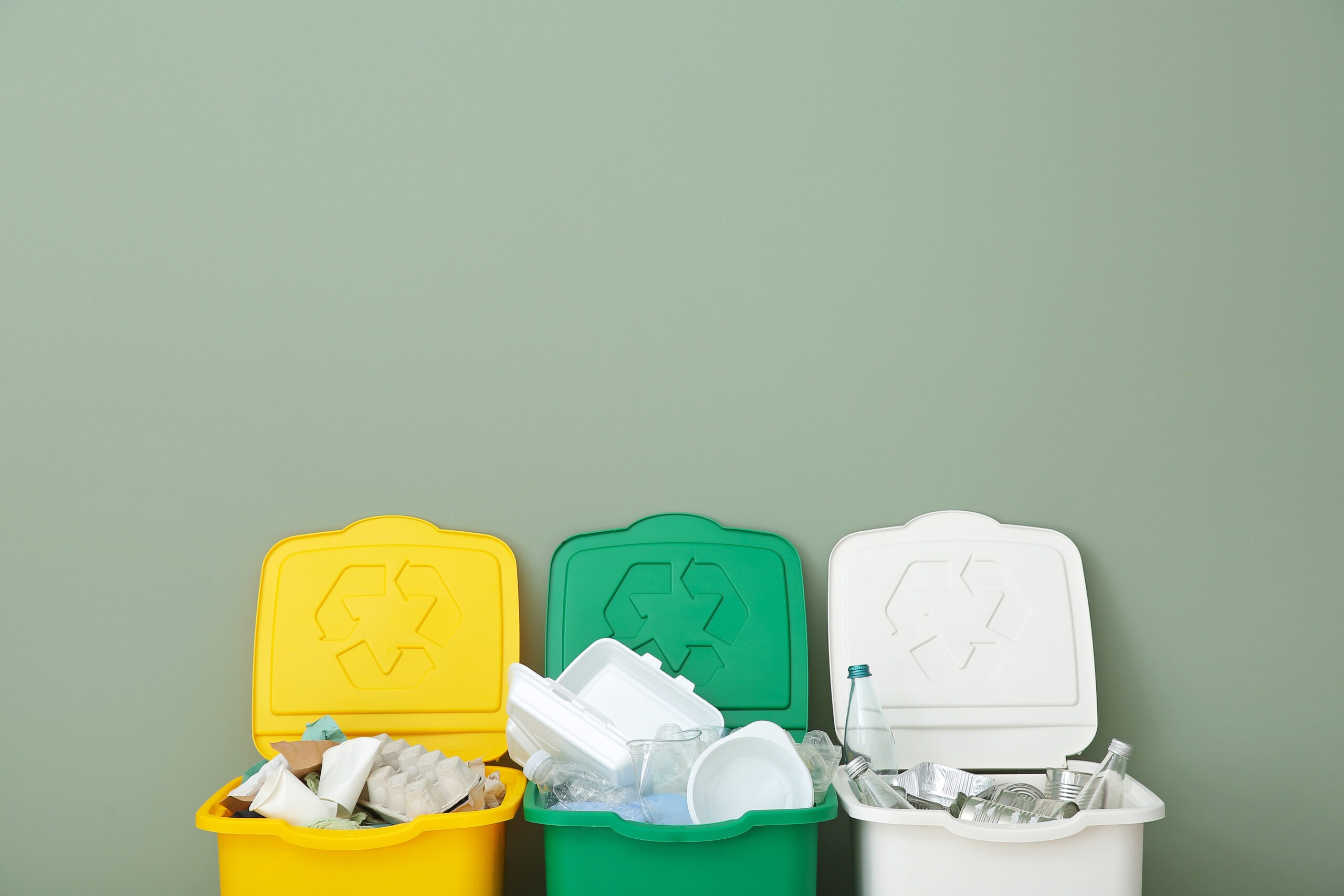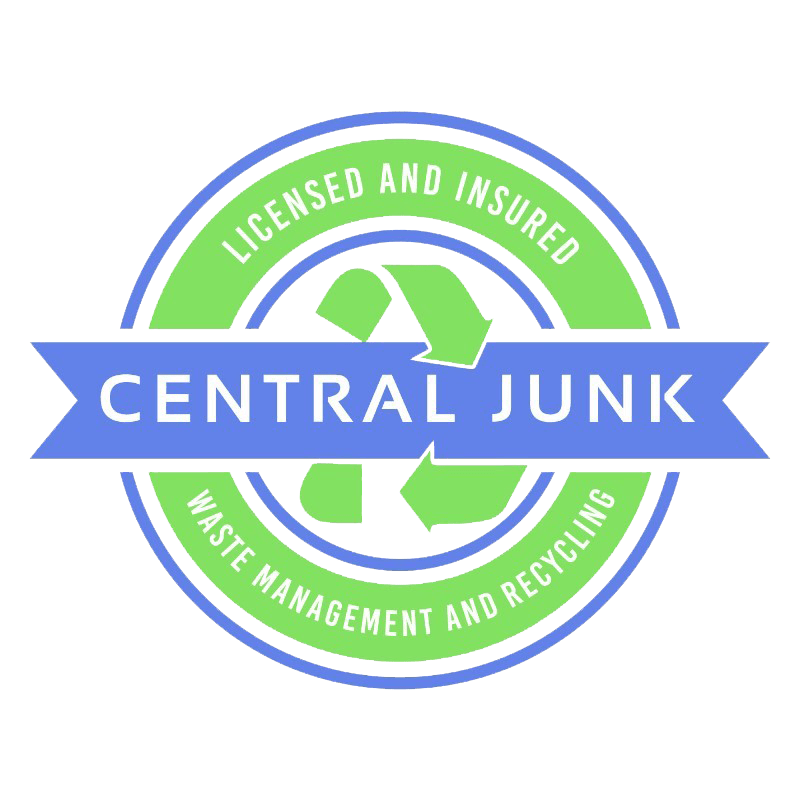
What Can be Recycled?
We all know that, as a general rule of thumb, glass, paper, and cardboard can be recycled, and we’re slowly becoming more familiar with which types of plastic can be recycled. However, there is still a lot of confusion surrounding the broader issue of precisely what can be recycled, especially when it comes to household items.
This confusion is made worse by the different rules enforced by the local authorities concerning recycling. In fact, across the UK, there are 39 different guidelines set out by local councils regarding what they will accept as recycling, with some accepting most types of plastics and some refusing to collect any plastic packaging at all.
It’s easy to get confused. If you are in the 47% of people who disagree with their household on what can and can’t be recycled, you need not argue anymore. We have put together this comprehensive guide on what can and can’t be recycled by room, but it’s important to remember that this can change by council area. We always recommend that you check with your local authority for confirmation.
In general, these are items that can be put in a wheelie bin:
Kitchen
CAN BE RECYCLED
- Cardboard boxes (cereal, washing detergent, dishwasher tablets, foil/wrap)
- Plastic bottles (cleaning/disinfectant, washing up liquid, milk, pop, sauce)
- Metal (aluminium foil, tins, beverage cans, foil trays)
- Glass (jars, bottles)
CANNOT BE RECYCLED
- Glass drinking cups
- Food wrappers (crisp packets, chocolate wrappers)
- Cling film
- Polystyrene
Bathroom
CAN BE RECYCLED
- Cardboard (toothpaste boxes, toilet roll tubes)
- Plastic bottles (shampoo, conditioner, hand soap, shower gel, bleach, cleaning/disinfectant)
CANNOT BE RECYCLED
- Cotton wool
- Mirrors
- Toothpaste tubes
- Nappies
- Tissues
Living Room
CAN BE RECYCLED
- Paper (newspaper, mail, envelopes, magazines, catalogues, books)
CANNOT BE RECYCLED
- Electrical items
- Textiles
- Furniture
Bedroom
CAN BE RECYCLED
- Metal (aerosols)
- Glass (perfume/aftershave, cosmetic bottles/jars)
- Cardboard (tissue, packaging)
CANNOT BE RECYCLED
- Clothes/textiles
- Electrical items
Non-Wheelie Bin Recyclables
Items that cannot be recycled in a wheelie bin, such as electronics (mobile phones, televisions, etc…) and textiles, can be recycled at a recycling centre. Recycling electronics is essential because, when left, they can leak hazardous substances which can be detrimental to wildlife, soil, and water. Not only this, but smaller items can also be reused to produce new goods. For example, one iron can be recycled into 13 steel cans which can then be used for tinned food.
Things like carrier bags are rarely accepted in wheelie bins. However, they can still be recycled rather than being sent to landfills, taking 500 years to decompose, or ending up in the ocean and contributing to the one million sea creatures killed by plastic every year.
Quick Recycling Tips
If you’re wondering what materials can be recycled specifically, we’ve put together a quick list.
What Plastics Can be Recycled?
The packaging of many plastics now includes labels and symbols to help identify what can be recycled. Below is a list of items that can, and should, be recycled.
- PET (pop bottles, fruit trays, plastic jars)
- HDPE (milk bottles, hand soap bottles, cleaning/disinfectant bottles)
- LDPE (carrier bags, cling film)
- PP (yoghurt pots, food trays)
What Metals Can be Recycled?
Unlike the complexities of plastics, understanding what metals can be recycled is much simpler. As a general guide, the following is easily recyclable.
- Aluminium
- Copper
- Cast Iron
- Brass
- Bronze
- Steel
- Tin
Hazardous Waste
If you have any hazardous waste, you must get rid of it responsibly. Types of hazardous waste include:
- Batteries
- Pesticides
- Asbestos
- Non-edible oils
- Fridges
- Chemicals (e.g., printer toner or brake fluid)
- Solvents
Some hazardous waste materials can be recycled, such as batteries. Here at Central Junk, we responsibly collect and dispose of items like fridges.
Battery Recycling
Batteries cannot be put into wheelie bins, but they can still be recycled. Many technology shops, recycling centres, and supermarkets have dedicated boxes for recycling batteries. The following types of batteries may be recycled:
- Car batteries (lead-acid)
- Power tool batteries (nickel-cadmium)
- Domestic batteries, e.g., remote controls, toys, fairy lights, etc.
- Mobile phone batteries (nickel-metal hydride)
- Laptop batteries (lithium-ion)
Before you take your batteries to be recycled, we recommend sorting them by their chemical. For example, if you have an old laptop battery, separate it from domestic batteries used for household items like clocks, smoke alarms, and torches.
Like electronic components, most batteries can be turned into something new once the raw material has been extracted. They can even be used to make new batteries or used in the industrial sector for steelworks or in the agricultural industry.
Gas Cylinders
If you have old gas cylinders, we recommend checking with the manufacturer if they will take them back because a lot of the time, they do. If they don’t, check with your local council to see if gas cylinders are accepted at your local household waste and recycling centre. There might be guidelines in place, such as the canister being cut in half or the valve being removed to ensure that the canister is empty. You should always take care while doing this if it is required. Generally speaking, most household centres will accept canisters because they’re usually made from steel or aluminium, which are highly recyclable materials. However, it’s still worth bearing in mind that you might be asked to undertake some additional steps before the canisters are accepted.
You should never put gas cylinders in with your regular waste because it can be dangerous. The pressurised canisters can be at risk of exploding if stored incorrectly. For this reason, you should look to store your gas cylinder in a cool, dry place that is out of the way of direct sunlight and extreme cold.
Recycling Tips
Unfortunately, lots of recyclables cannot be recycled if they are contaminated. A small amount of oil or debris may be washed off plastics or cardboard, but too much leftover food or dirt can mean an item is unfit to be processed and, therefore, cannot be recycled.
Dirty items not only prevent themselves from being recycled, but they can also contaminate other items like cardboard boxes and prevent them from being recycled, too. For this reason, we always recommend giving things a quick rinse before you put them in the recycling pile (if applicable).
Larger furniture items can be recycled either by taking them to a dedicated recycling facility, donating them to charity, or using a responsible collection service like Central Junk. We take away large items like beds, wardrobes, sofas, large appliances, sheds, concrete posts, and rubble bags.
We have a policy of donating unwanted but entirely usable items to charities and housing associations and all other articles/objects we responsibly recycle. To find out more, please contact us today.


